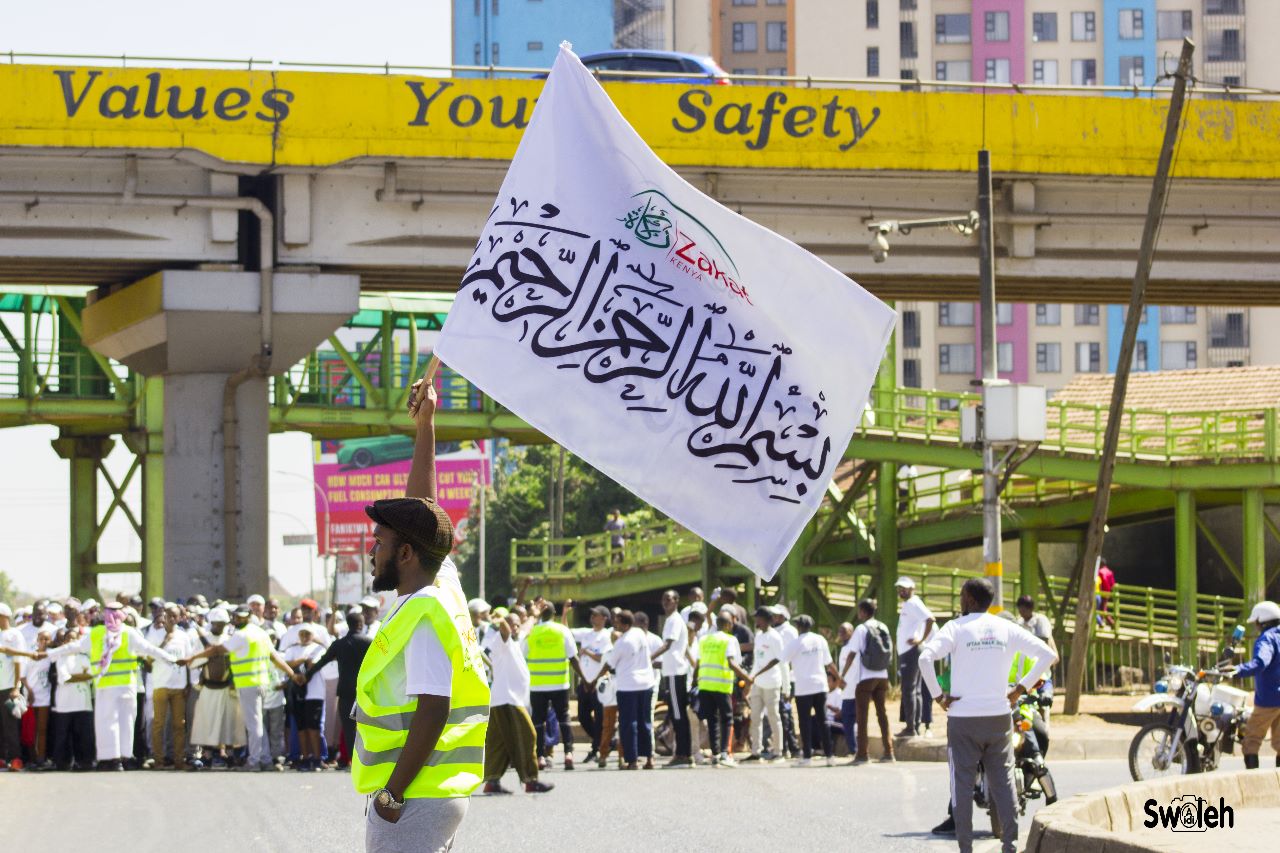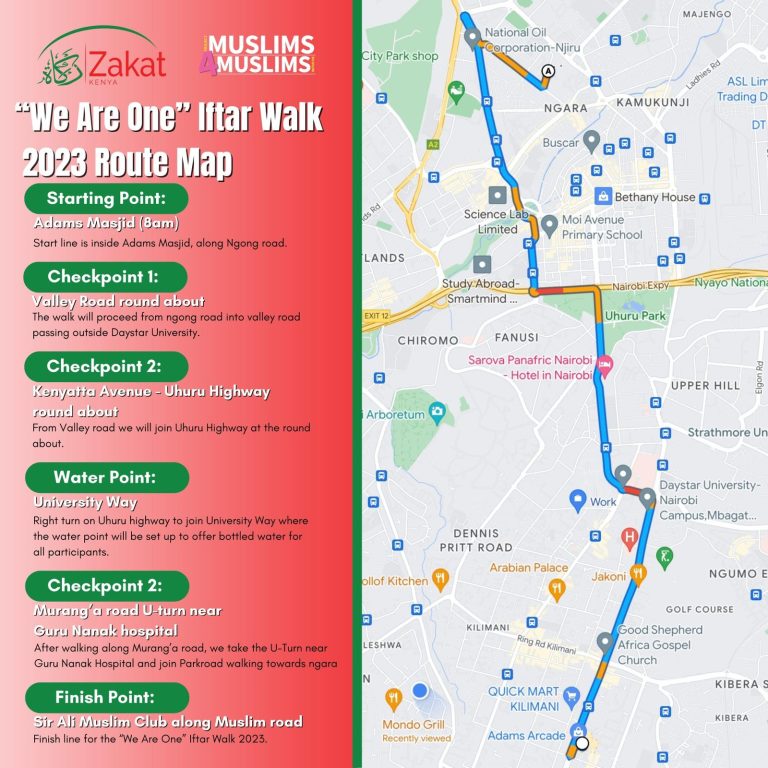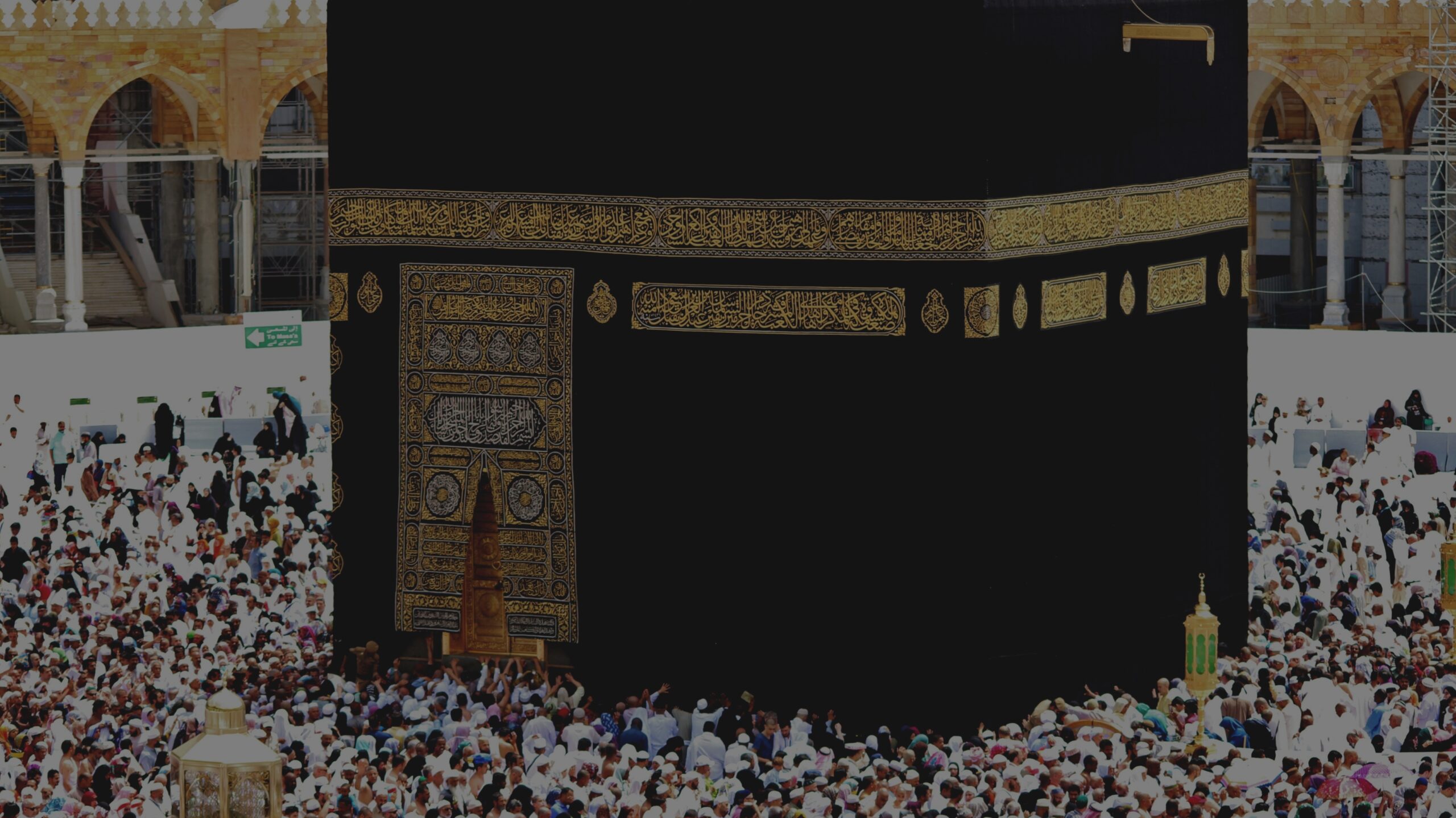The first ten days of Dhul-Hijja are the most virtuous days of the year, in which Allah (swt) has blessed his Ummah with opportunities to multiply their rewards through His infinite mercy. These days are so sacred that Allah swears an oath by them:
‘By the dawn; by the ten nights’ [The Noble Qur’an, 89:1-2].
And Allah also reminds us: ‘Remember Allah during the appointed days’. [The Noble Qur’an, 2:203]
Therefore, we should increase our acts of worship during this sacred time. The Prophet (saw) said, ‘There are no days in which righteous deeds are more beloved to Allah than in these (ten) days’. [Abu Dawud]
Here are some Sunnah actions you should follow to seek Allah’s forgiveness and maximise your reward during the best ten days of the year:
Read the Quran
Reading the Qur’an is a good deed and Allah (swt) especially loves the good deeds done in these days. Read as much as you can, even if it is a few verses each day.
Increase in Sunnah Prayers
There are a number of extra prayers you can observe during the day to increase your worship and good deeds
Make lots of dhikr
Our Prophet (peace and blessings of Allah be upon him) said: “There are no days that are greater before Allah or in which good deeds are more beloved to Him, than these ten days, so recite a great deal of tahleel, takbeer and tahmeed during them.” [Ahmad]:
Tahmeed: Al-hamdu Lillah (All praises be to God)
Tahleel: Laa ilaha ill-Allah (There is no god but Allah)
Tasbeeh: Subhaan-Allah (Glory be to God)
Istighfaar (Repentance)
Hajj is the ultimate act of worship we can perform as Muslims to seek forgiveness from Allah and expiate our sins, but most of us are lucky if we can go even once in our lifetime. That is why Dhul-Hijjah is the perfect gift from Allah, allowing us to repent and seek forgiveness for our sins even if we are not on pilgrimage.
Repentance brings us closer to Allah and cleanses our souls. Allah says:
‘Seek forgiveness of your Lord and repent to Him, [and] He will let you enjoy a good provision for a specified term and give every doer of favour his favour’. [The Noble Qur’an, 11:3]
Fasting
It is Sunnah to fast on the first nine days of Dhul-Hijjah, because fasting is one of the best of deeds. In a hadith Qudsi, Allah says, ‘All the deeds of the son of Adam are for him, except fasting, which is for Me and I shall reward for it’. [Bukhari]
If you are unable to fast for the whole nine days, try to fast on just the Day of ’Arafah, the 9th of Dhul-Hijjah. Just as Laylat al-Qadr is the most blessed night of the year, ’Arafah is the most blessed day of the year. The Prophet (saw) said, “There is no day on which Allah frees more people from the Fire than on the day of ‘Arafah”. (Muslim)
Like Laylat al-Qadr, we should spend this day seeking forgiveness and availing ourselves of Allah’s incredible mercy. On this day, non-pilgrims have the opportunity to extinguish the sins of two years by fasting! The Prophet (saw) said, ′It (fasting on the Day of ‘Arafah) expiates the sins of the past year and the coming year’. [Muslim]
Give in charity
Many of us maximise our Sadaqah during the last ten nights of Ramadan, but the first ten days of Dhul-Hijjah are just as valuable and present the perfect opportunity to earn extra rewards for simple good deeds!
Hasan al-Basri (rh) said, ‘Going to fulfill the need of your brother is better for you than performing Hajj after Hajj’.
Helping our brothers and sisters in need is one of the acts most beloved to Allah and we have the perfect tool to help you maximise your rewards over the blessed days of Dhul-Hijjah. The Best 10 Days allows you to channel your donations to empowering needy Muslims families in Kenya through our empowerment programs which include: education bursary, medical support, welfare support, debt relief and empowerment through small business.
Preserve ties of kinship
Maintaining the ties of kinship is from the best of deeds due to the saying The Prophet (peace and blessings of Allah be upon him): “Whoever would like his provision to be increased and his lifespan to be extended, let him maintain the ties of kinship.” [Bukhari]
Give a Prophetic Qurbani
Abu Talhah (ra) reported, ‘The Prophet (saw) sacrificed for the one who could not sacrifice from his Ummah, one who bore witness to the Oneness of Allah and [his] Prophethood’. [Tabarani and Ahmad]
During Eid, the Prophet (saw) would offer an additional sacrifice on behalf of someone in his Ummah that could not afford to. Allah says, ‘There has come to you a Messenger of Allah from among yourselves, who is distressed by the losses you sustain, who is ardently desirous of your welfare and is tender and merciful to those that believe’. [The Noble Qur’an, 9:128]
SubhanAllah, this generous act of our beloved Messenger of Allah is an incredible example of His mercy to His Ummah that Allah refers to in the above ayah, to sacrifice for his Ummah and cover them till the Day of Judgement
In sha Allah, these tips will help you make the most of the first ten days of Dhul Hijjah. From everyone at Zakat Kenya, we’d like to wish you a blessed month full of good deeds, forgiveness and closeness to Allah.






